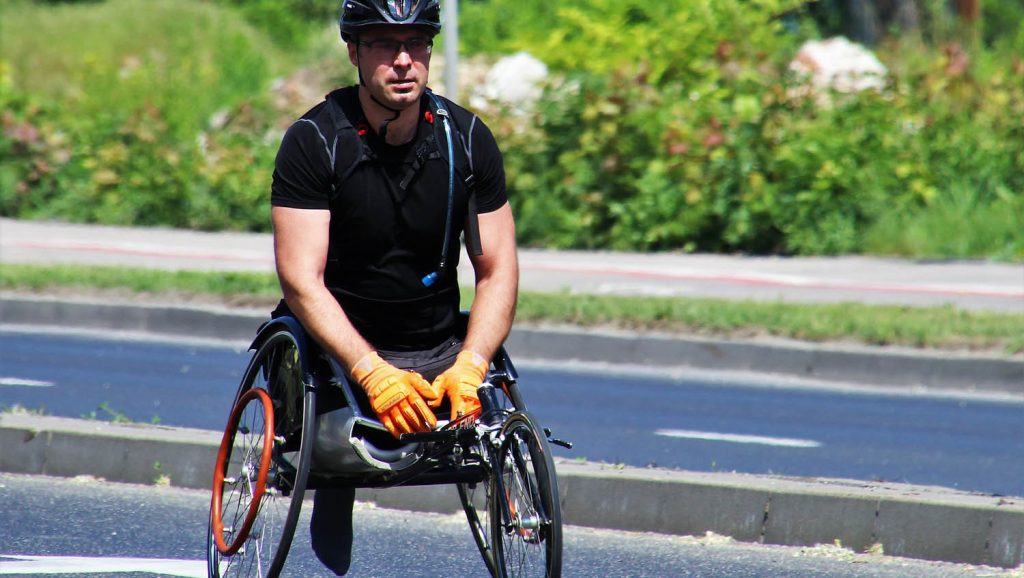Learn how an ABLE account for disabled persons provides a tax-free savings plan that covers qualified expenses such as education, housing, and transportation.
Disability doesn’t discriminate. It impacts people of all races, ethnicities, genders, geographic locations, lifestyle and financial statuses. Until recently, individuals receiving federal benefits were restricted in the amount of money they could save, preventing many from planning for the future. It wasn’t until 2014 that financial independence would prove to be a possibility.
After years of advocating, negotiating, and compromising, one of the most important pieces of legislation for the disability community was passed. The Stephen Beck Jr. Achieving a Better Life Experience (ABLE) Act amends section 529 of the Internal Revenue Code, allowing states to design tax-advantaged savings and investment accounts specifically for individuals with disabilities.
The mission behind state ABLE programs: save money while maintaining federal benefits such as Supplemental Security Income (SSI) and Medicaid. ABLE programs are grounded on providing economic independence to individuals with disabilities and serve as the means through which financial goals can be met with confidence.
The passed legislation allows each state to independently set up its ABLE program and determine whether it is state-specific, partnered with other states or open nationally. To date, 18 states have implemented and opened a qualified ABLE program. Florida is currently the only state that has limited eligibility to state residents.
Funds in an ABLE account may be used toward future qualified disability expenses including housing, education, transportation, legal fees, financial management, employment training/support and even basic living expenses. With unique investment options, the account holder has a choice in how their money works for them. Much like a Roth IRA or 529 savings account, income earned by the accounts will not be taxed, and contributions to the account made by any person will not be tax deductible.
Unlike other savings options, the individual with the disability is the sole owner of the ABLE account and may manage it independently. However, authorized persons may establish it and help with oversight. ABLE account holders can accumulate $14,000 annually, either autonomously or with the help of contributors. Contributions may come from friends, family or any individual who wishes to aid the beneficiary.
 To be considered eligible, an individual must meet the disability and severity requirements for SSI or Social Security Disability Insurance (SSDI). The onset of blindness or disability must have occurred before the individual’s 26th birthday. Current age is not considered when opening an ABLE account – except that the account must be opened by an adult 18 years of age or older. Click here to learn more about eligible disabilities.
To be considered eligible, an individual must meet the disability and severity requirements for SSI or Social Security Disability Insurance (SSDI). The onset of blindness or disability must have occurred before the individual’s 26th birthday. Current age is not considered when opening an ABLE account – except that the account must be opened by an adult 18 years of age or older. Click here to learn more about eligible disabilities.
Florida’s Congressman Ander Crenshaw, champion of the legislation, expressed the heart behind the ABLE Act, Florida’s qualified ABLE program, when he said, “No longer would individuals with disabilities have to stand aside and watch others use IRS-sanctioned tools to lay the groundwork for a brighter future. They would be able to as well.”
The ABLE Act is an opportunity that started when families gathered around a dining room table more than a decade ago and developed a way to help their children without hindering them in the future. It is an opportunity that levels the playing field and provides freedom from the limitations that restricted them in the past. Individuals with disabilities can now save, protect and grow their money with confidence and most importantly, independence.
John Finch, Director of ABLE United, Florida’s qualified ABLE program, is administered by the Florida Prepaid College Board and is designed to support individuals with disabilities to maintain health, independence and quality of life.




